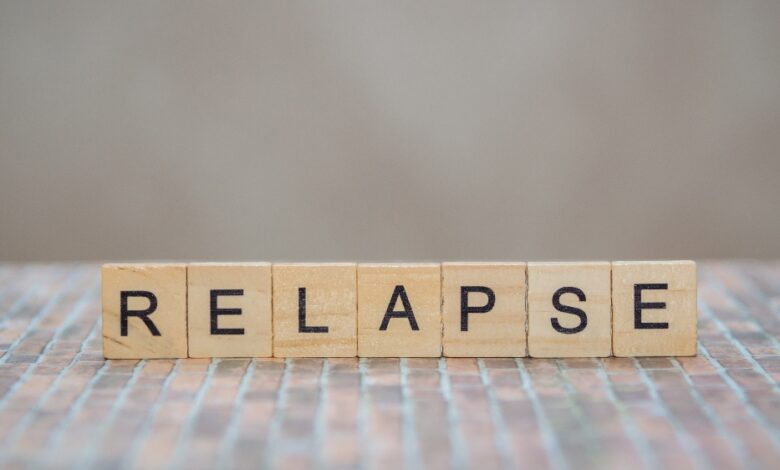Why Do People Relapse After Rehab?

Completing a rehabilitation program is a significant milestone on the journey to recovery from addiction. However, for many individuals, staying sober after leaving rehab presents new challenges. Relapse is a common part of the recovery process and doesn’t mean failure—it simply highlights the need for ongoing support and adjustments to the recovery plan.
Understanding why relapse happens can help individuals and their loved ones address underlying issues and create strategies to prevent it.
Common Reasons for Relapse
Triggers in the Environment
After rehab, individuals often return to environments filled with reminders of their past substance use. Triggers can include people, places, or situations that evoke cravings and make it difficult to maintain sobriety.
Examples of Triggers:
- Visiting old hangouts associated with substance use
- Socializing with friends who use drugs or alcohol
- Stressful family dynamics or conflicts
Learning to identify and manage these triggers is essential for maintaining recovery.
Lack of a Strong Support System
A supportive network of friends, family, or peers can make a significant difference in recovery. Without this support, individuals may feel isolated, which can lead to feelings of loneliness and an increased risk of relapse.
How to Build Support:
- Join local or online recovery groups
- Attend therapy or counseling sessions regularly
- Stay connected with friends or family members who encourage sobriety
Untreated Mental Health Issues
Many individuals struggling with addiction also face co-occurring mental health conditions like depression, anxiety, or PTSD. If these conditions are not adequately treated, they can increase the likelihood of relapse.
Integrated Treatment Matters:
- Addressing mental health alongside addiction is crucial.
- Rehab centers like Genesis House specialize in dual-diagnosis treatment, ensuring both mental health and addiction are treated together.
Overconfidence in Recovery
After completing a rehab program, some individuals may feel overly confident in their ability to stay sober and neglect ongoing treatment or aftercare. This can lead to complacency and an increased vulnerability to relapse.
Why Aftercare is Crucial:
- Regular participation in aftercare programs helps individuals stay accountable.
- Continued engagement with therapy or support groups reinforces recovery skills.
Stress and Life Changes
Stress is one of the most common triggers for relapse. Major life changes, whether positive or negative, can disrupt routines and coping mechanisms learned in rehab.
Examples of Stressful Situations:
- Losing a job or experiencing financial difficulties
- Relationship challenges or the end of a relationship
- Starting a new job or moving to a new place
Developing stress management techniques, such as mindfulness or relaxation exercises, can help individuals navigate these challenges without turning to substances.
How to Prevent Relapse
While relapse is common, it can often be prevented with the right strategies and support systems in place. Here are a few tips for maintaining sobriety:
- Participate in Aftercare Programs
Aftercare programs provide ongoing support and accountability after rehab. They may include therapy, support groups, or sober living arrangements. Facilities like Genesis House emphasize the importance of aftercare, helping clients transition smoothly back into daily life.
- Build Healthy Habits
Establishing routines that promote physical, mental, and emotional well-being can help reduce the risk of relapse. Exercise, balanced nutrition, and adequate sleep are all essential.
- Stay Connected
Regularly attending support groups, such as Alcoholics Anonymous (AA) or Narcotics Anonymous (NA), keeps individuals connected to a community of people who understand their struggles and can offer encouragement.
- Develop a Relapse Prevention Plan
A relapse prevention plan identifies triggers, outlines coping strategies, and lists supportive contacts to reach out to during difficult times.
Conclusion
Relapse after rehab is not uncommon, but it’s not the end of the recovery journey. By understanding the factors that contribute to relapse and taking proactive steps to address them, individuals can strengthen their commitment to sobriety.
Rehabilitation centers like Genesis House provide comprehensive care, including aftercare planning and dual-diagnosis treatment, to help individuals build a solid foundation for lasting recovery. Remember, recovery is a lifelong process, and with the right tools and support, sustained sobriety is achievable.


